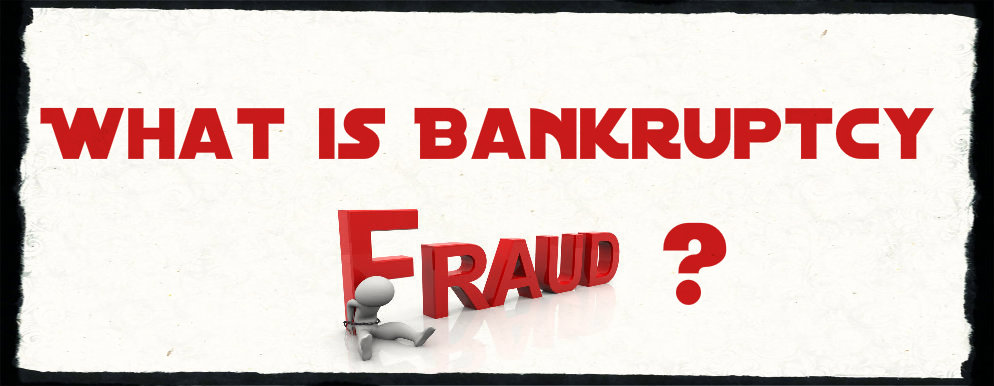The Bankruptcy and Insolvency Act (BIA) allows for legitimate reasons to be recognized for those seeking bankruptcy. Bankruptcy fraud is a serious offence that can be charged criminally. Bankruptcy is regulated under the BIA and the Canadian Criminal Code, which lays out lawful, abusive, and fraudulent practices. The Royal Canadian Mounted Police and the Office of the Superintendent of Bankruptcy (OSB) investigate unlawful conduct. Aside from fraudulent acts, the BIA also distinguishes abusive bankruptcy. Bankruptcy fraud can be committed by individuals and corporations. The consequences can be monetary fines and can even lead to imprisonment.
Misconduct
The most common bankruptcy offences have to do with irresponsible money management and borrowing. Negligence towards spending on living, investing, gambling or general disregard for personal finances is seen as misconduct. Failure to make payments or to abide by obligations as laid out by proceedings or your trustee is also considered misconduct.
What is expected from you as a Bankrupt?
In bankruptcy proceedings, you will find a trustee licensed by the OSB. Typically, you will inform the trustee of all property currently in your name and sold or gifted, all your credit cards will be cancelled, you will attend meetings with creditors, attend financial counselling sessions, and share financial information and files with the trustee. Full cooperation with the trustee in general is expected.
5 Common Offences
Generally, bankrupts who knowingly seek credit without the ability to repay is fraudulent. These actions are considered to be fraud when the bankrupt:
- misrepresents, hides, or destroys relevant documents (i.e. shred documents)
- misrepresents or hides bankruptcy in application for loans
- improperly disposes of property before or after declaring bankruptcy
- does not cooperate with the BIA
- hides property, claims, or debt in bankruptcy proceedings
Actions with Serious Consequences
You may think that by transferring the title of property to a friend or relative at a low price for recovery after bankruptcy is not an offense, but the OSB does not think so. Such acts could be seen by authorities as fraud. Another example is personal debts. You may not realize it is relevant to disclose personal loans to your bankruptcy trustee, but it is. Do not try to pay one loan with another. Paying off personal or student loans using credit cards is also illegal.
Author Bio:
The author of the article is Jeremy Benson. He has been writing about finance, mortgage and Canadian law since 7 years. Blogging is one among his greatest passions. Follow him on Twitter@jeremybenson19.





